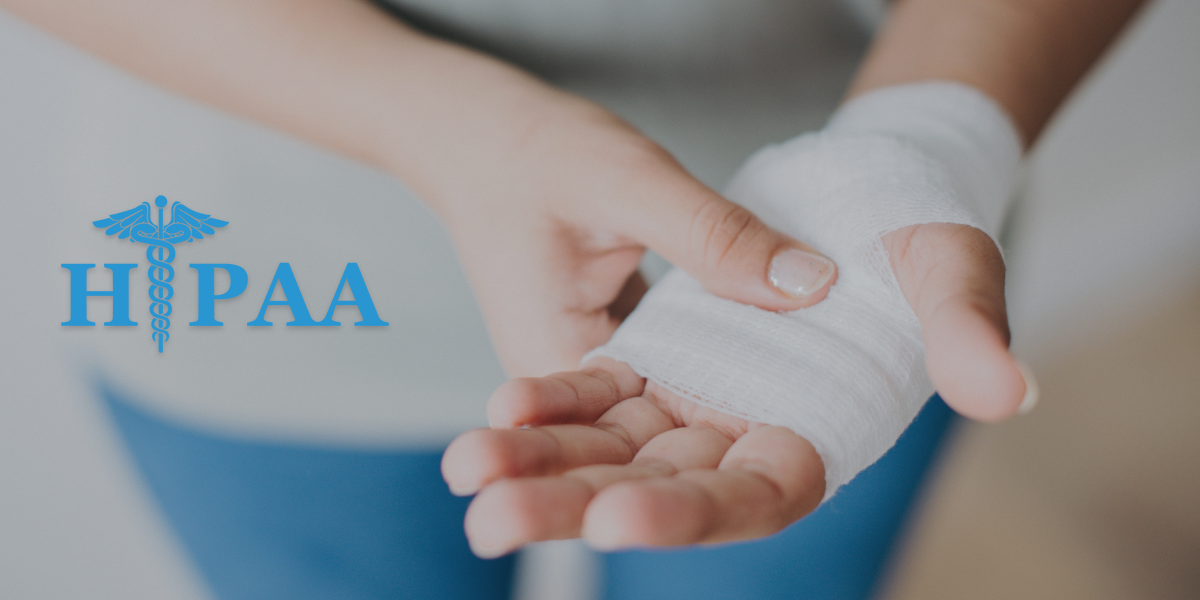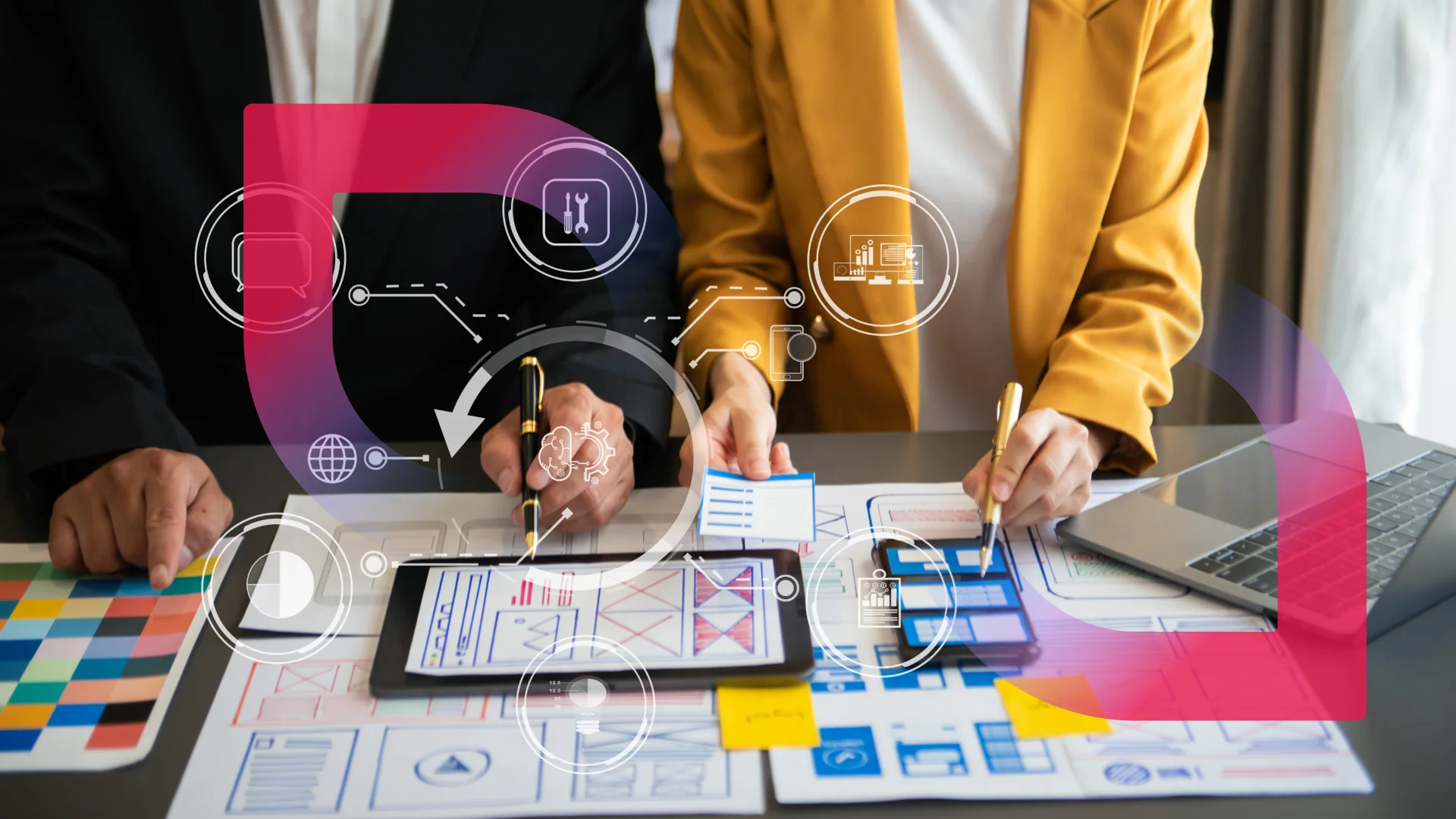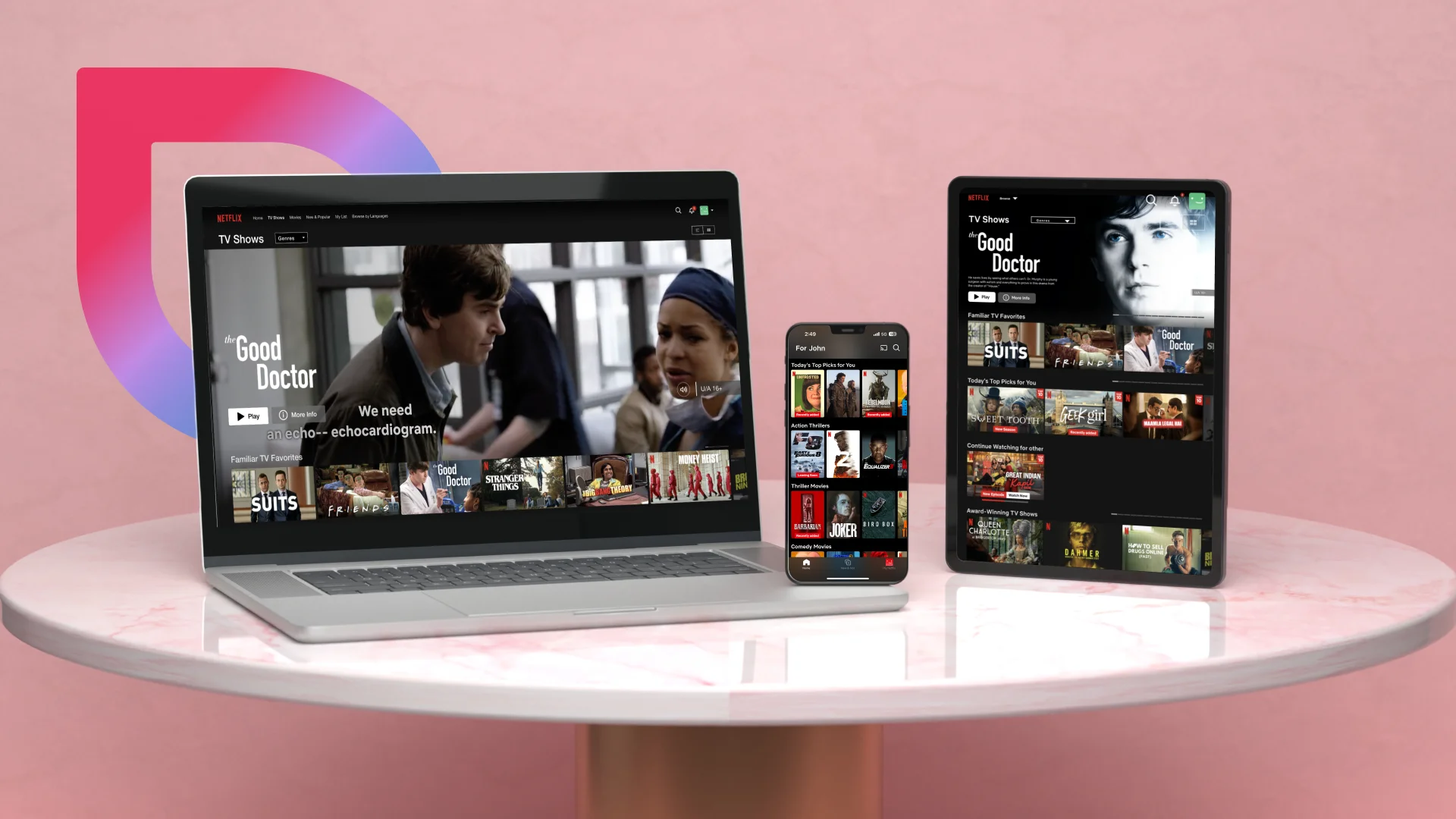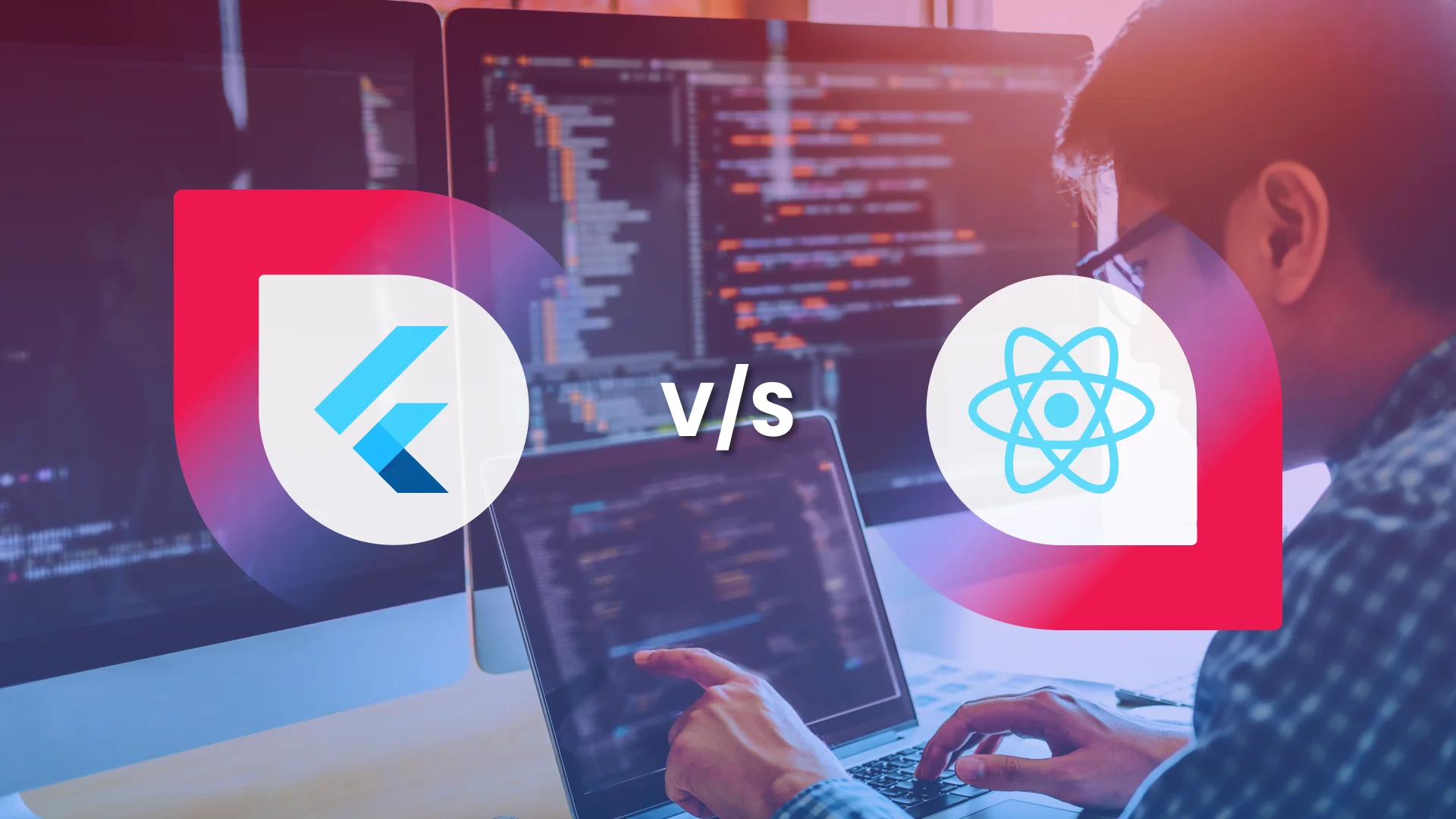Important Tips to Make Your Mobile App HIPAA Compliant
- Mobile
- February 18, 2019
Are you one of those millennials who is fully convinced that ‘living’ has become a lot easier with the introduction to different healthcare apps?
Well, you may require making a perception with a pinch of salt as the healthcare mobile apps have their own share of pitfalls as well.
One of the major setbacks of such apps has to be their incapability to protect and maintain the privacy of the medical records and personal information of the users.
In quest of plugging this loophole, Congress had introduced an act called HIPAA or Health Insurance Portability and Accountability Act in the year 1996.
However, it’s certainly not a cakewalk to incorporate PHI or Protected Health Information into a mobile device, especially because it always remains susceptible to the risks of being lost, stolen, virus-affected or even hacked.
Also, if a mobile device is running on an unsecured Wi-Fi connection, the chances of accidental sharing or transmission of a patient’s confidential medical data via social media or emails will increase by leaps and bounds.
This is where the importance of HIPAA compliance comes into play. When a health app is HIPAA compliant, the risk of data-leakage reduces exponentially.
Things You Need to Know About HIPAA Compliance
The whole point of HIPAA is to provide a health app user with a great deal of security to his/her medical records and personal information.
If a patient’s personal info is not safe, it nearly diminishes the whole utility of the healthcare app he/she is relying on. Incorporating HIPAA into a health app can vastly enhance its overall security.
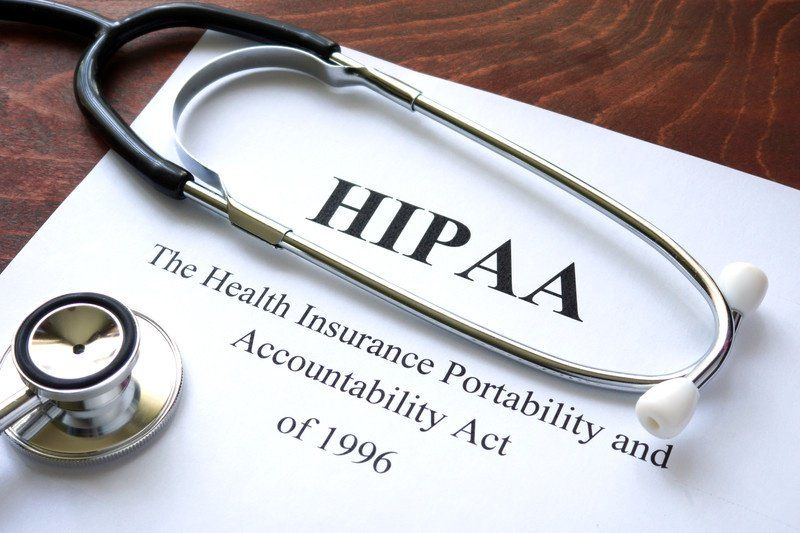
HIPAA came into being when the Internet just began to gain popularity and the cursory level of Java version 1 seeped into the soil of computer language.
However, before unwrapping the essential facts of HIPAA, it’s important to demystify PHI aka Protected Health Information.
As per the US laws, PHI hints at any information that’s related to health, payment for health care, provision of health maintenance, etc.
All such information should be gathered by a Business Associate of a Covered Entity and linked to a specific individual.
Privacy Rules for HIPAA Compliance
There are mainly two privacy rules that describe HIPAA compliance for the covered entities as well as the business associates.
The privacy rule describes what qualifies as PHI(Protected Health Information) and also the person who is responsible to ensure that it’s not going to leak any information.
The Protected Health Information aka PHI refers to the identifiable medical data transmitted through a medium. This needs not be the information or medical data transmitted or stored by a healthcare provider or a hospital.
Any entity, which takes part in storing or transmitting such data, will be liable in this matter. The security rules of medical data specifically associated with the electronic information and also set a guideline for safeguarding PHI.
It breaks down the protection methods into the following categories:
1. Administrative
2. Physical
3. Technical
Factors Responsible for Securing a Health App
Even though, it’s true that keeping a healthcare app protected is not an easy nut to crack, by following some certain tips and tricks this process can be streamlined easily.
Read also: The Advantages of Mobile App for Healthcare Industry
Here are some of the most essential facts that you should bear in your mind in order to get your mobile application highly safe and secured.
These steps are extremely easy to follow and most importantly they are highly effective and 100% result-driven.
Have a look:
User Authentication Should Be Unique
The importance of a strong password is paramount when it comes to protecting a mobile device against several looming threats. There are several factors in play when choosing a password of a mobile device.
Selecting a very strong or a rare password is one of the main deciding factors when it comes to password protecting a mobile phone.
Using a very easy-to-recognize password can have an adverse effect on the users, leading to a staggering hike in the risk of invasion of privacy or data leakage.
Encryption of Personal Data
Once collected by a mobile device, the data of a user should be secured at the moment of transmission over different networks.
In order to achieve this, a user should incorporate his/her health app with a feature to encrypt the information automatically.
There are two levels of creating encryption. The very first step is to store the data on a device temporarily. Another step will be to store them in a server when they are sent over a network.
Automatic Logging Off is Essential
Sometimes, the users might forget to log out of a health app, which could offer easy access to the PHI stored on a mobile device, in regards to data leakage, loss or theft.
In addition to this, it also maximizes the chances of a user’s personal data or medical records to be misused by somebody else, especially if the device is shared.
Although the market is thronging with a number of third-party mobile apps that can allow remote control or management of a device to protect a user’s personal data, these may not be accessible for 24X7.
Include Remote Wipe Feature into an App
Including a wipe feature into a healthcare app will help the users to access and remove their personal health information before these are leaked or misused.
Upon being connected to an unprotected network, a mobile device becomes susceptible to the risk of being virus-attacked.
A Regular Update Can Be Beneficial
This risk could be kept at bay by offering the users frequent alerts and updates on the latest versions of a health app, which will contain the advanced fixes against different online threats and bugs.
Audit Logging
The importance of log is paramount, especially when it comes to monitoring different activities on a network.
Inculcating this feature into a health app will help to audit information like the changes made to the data, the log-in time of the users, the inclusion of a new user, and several other important data, which can aid in the access of personal health information.
It’s Crucial to Keep Back-up of Every Data
Once a user’s personal information is stored on a mobile device, they need to be transferred to the server where they can be kept in a secured manner. The user may not be able to have constant access to a safe and secured Wi-Fi network for sealing the deal.
In such cases, the health app must have a provision for an automatic backup and syncing of information as soon as the mobile devices come within the range of a secured network.
Read also: How Mobile Health Apps Proving to be a Boon for the Patients
In a Nutshell…
One of the major guidelines to craft a reliable health mobile app is that the users’ personal information or medical data must be kept absolutely safe and protected.
The repercussion of non-compliance to HIPAA could lead to the leakage of a user’s personal information, which might involve a great deal of fine.
If you are looking to develop a healthcare mobile application, then you should immediately count on the skilled, knowledgeable and experienced mobile app developers who can craft an app as per your desired quality standards and the national standards predicted by the Act.
